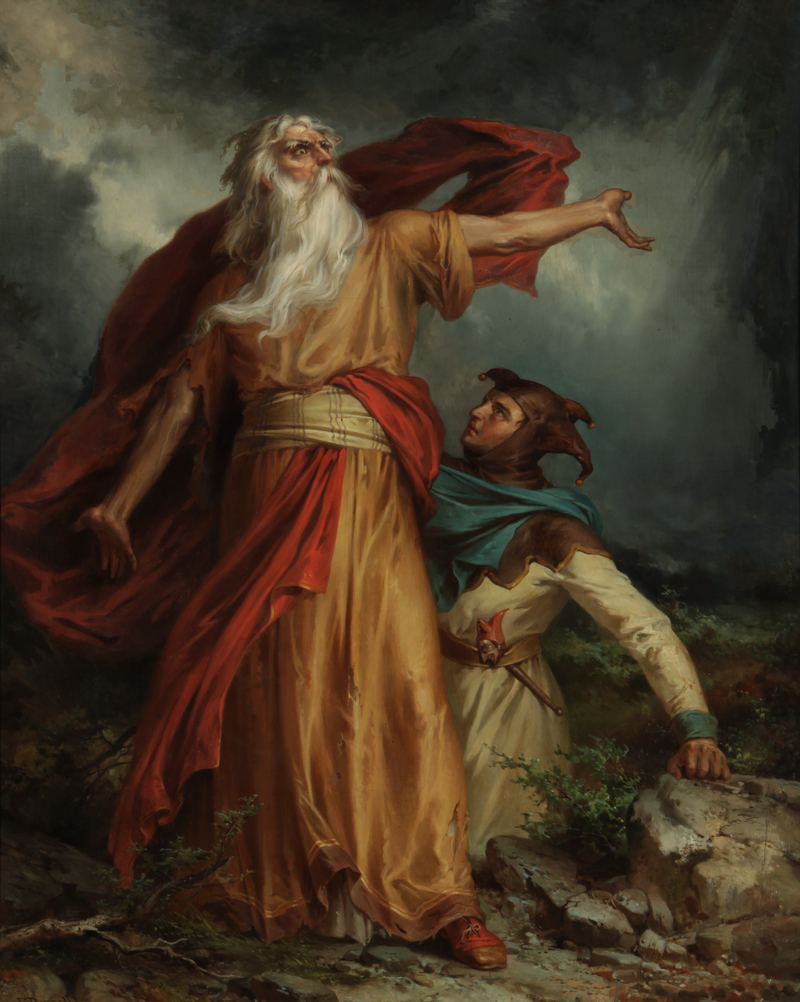Spiritual Sunday – All Saints Sunday
Today being the first Sunday after All Saints Day, our church will be taping memorials on the church walls to remember those who have died. We are also likely to read that wonderful passage from Ecclesiasticus (a.k.a. the Book of Sirach) that provides the title for Agee and Evans’s famous book about Depression-era tenant farmers.
Early in their book, Agee and Evans cite a passage from King Lear, which serves as my literary tie-in. Before we examine it, let’s first look at the Ecclesiasticus passage that the authors are citing.
The passage begins, “Let us now praise famous men, and our fathers in their generations. The Lord apportioned to them great glory, his majesty from the beginning.” The “famous men” that Agee and Evans have in mind, however, are not those mentioned early in the passage—which is to say, those who “did bear rule in their kingdoms, men renowned for their power, giving counsel by their understanding, and declaring prophecies.” Rather, they are thinking of all those others who have been forgotten:
And some there be, which have no memorial; who are perished, as though they had never been; and are become as though they had never been born; and their children after them.
Even though these are “as though they had never been born,” however, the passage adds that “these were merciful men, whose righteousness hath not been forgotten.” And it assures us,
With their seed shall continually remain a good inheritance, and their children are within the covenant. Their seed standeth fast, and their children for their sakes. Their seed shall remain forever, and their glory shall not be blotted out. Their bodies are buried in peace; but their name liveth for evermore.
Even though people die and are forgotten, God’s covenant lasts.
In their book with its never-to-be-forgotten photographs of the rural poor, Agee and Evans also include the passage where Lear follows the fool into shelter out of the rain. Unexpectedly, he expression compassion for the fool–“Come on, my boy: how dost, my boy? art cold?“–before delivering the following lines:
Poor naked wretches, whereso’er you are,
That bide the pelting of this pitiless storm,
How shall your houseless heads and unfed sides,
Your loop’d and window’d raggedness, defend you
From seasons such as these? O, I have ta’en
Too little care of this! Take physic, pomp;
Expose thyself to feel what wretches feel,
That thou mayst shake the superflux to them,
And show the heavens more just.
The passage represents a key turning point for Lear. Up until this point, he has been a narcissist, focused only on himself. For the first time in his life, he starts thinking of “poor naked wretches…that bide the pelting of this pitiless storm.” If people like himself were to experience homelessness and hunger the way he himself is doing so now, he thinks, they might redistribute their wealth—“shake the superflux to them”—and thereby create a more just world. It’s an extraordinary moment.
To emphasize the redistribution theme, Agee and Evans pair the Lear passage with the closing lines of Marx and Engels’s Communist Manifesto:
Workers of the world, unite and fight. You have nothing to lose but your chains, and a world to win.
Much of the power of King Lear lies in his evolution from bad king to good man. In the beginning he fixates on power, in the end he finds love. Tragic though that ending is, he redeems his life.
Which is the point of the Ecclesiasticus passage as well.
